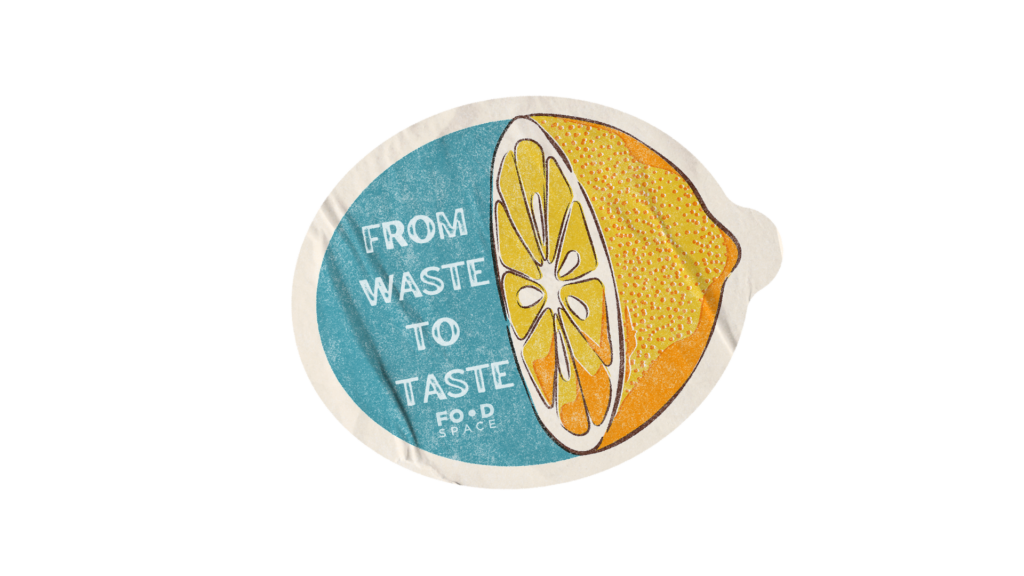From Waste to Taste: Rethinking the Term “Food Waste”
In today’s world, where sustainability and conscious consumption are gaining increasing importance, it is essential that we re-evaluate our language and perceptions surrounding food. One area where this change can begin is by reconsidering the term “food waste” and replacing it with a more positive and accurate alternative, such as “leftovers” or simply “food.” At FoodSpace, we believe that by reframing the way we talk about unused food, we can transform people’s perceptions and foster a more sustainable and resourceful approach to consumption.
The term “food waste” inherently carries a negative connotation. It suggests something that is useless, discarded, and without value. By contrast, the term “leftovers” paints a different picture. Leftovers imply the potential for second chances, creative reinvention, and nourishment. When we view unused food as leftovers, we acknowledge that it still possesses the qualities of food and can be repurposed in meaningful ways.
Every day, vast quantities of edible food are discarded simply because they are no longer deemed fresh or appealing. However, this perspective fails to recognize the intrinsic value of food. The produce that has become slightly bruised or the bread that has grown stale can still serve a purpose. By labelling it as “food,” we emphasize its inherent worth and encourage individuals and businesses to find innovative ways to utilize these ingredients.
Rebranding food waste as leftovers or simply food aligns with the principles of sustainability and resourcefulness. It fosters a mindset that encourages individuals and communities to waste less and make the most of what they have. By shifting our language, we can start to challenge the notion that something is unusable simply because it no longer meets certain cosmetic or temporal standards.
At FoodSpace we embody this paradigm shift. Through education, awareness campaigns, and practical solutions, we aim to change the way people perceive and utilize leftovers. By demonstrating the incredible potential of what is commonly considered food waste, we strive to inspire individuals, businesses, and policymakers to adopt more sustainable practices and reduce unnecessary waste.
We believe rethinking the concept of leftovers has practical implications that extend beyond individual actions. In the culinary industry, for instance, chefs can incorporate unused food into their menus, creating unique and sustainable dishes that tantalize the taste buds. Additionally, communities can come together to share surplus food, reducing waste while helping those in need. By treating leftovers as valuable ingredients, we open doors to endless possibilities and reduce our impact on the environment.
The words we use shape our perceptions and influence our behaviours. By reframing the term “food waste” as leftovers or simply food, we can revolutionize the way we approach consumption. FoodSpace exemplifies the power of this linguistic shift, demonstrating that what may appear as waste to some is, in fact, still food with tremendous potential. Let us embrace the concept of leftovers and recognize the value of every morsel, fostering a sustainable future where wastage is minimized, creativity flourishes, and our relationship with food is reimagined.

